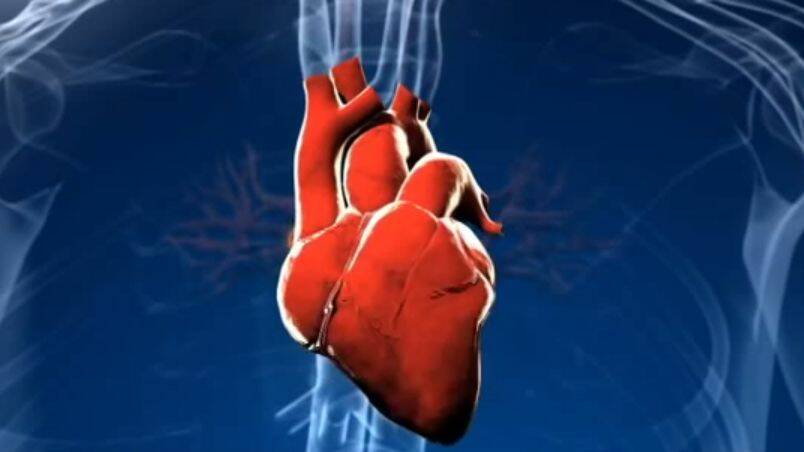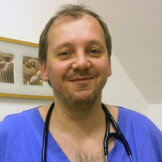Atrial fibrillation

Atrial fibrillation is the most common heart disorder and is characterized by arrhythmia or heart rhythm disorder. The disease causes chaotic and irregular contractions of muscle fibers and thus loss of coordinated activity of the atria. At the same time, the heart weakens its pumping ability and at the same time, irregular and accelerated heart activity occurs. The disease is most common in people over 80 years of age, where it affects 15% of the population.
Most common symptoms
- Malaise
- Chest pain
- Spirituality
- Nausea
- Head spinning
- Blue leather
- Low blood pressure
- Swelling of the limbs
- The Island
- Pressure on the chest
- Fatigue
- High blood pressure
- Accelerated heart rate
- Heart enlargement
Characteristics
Atrial fibrillation usually suffers about 5 percent of people and three forms can be seen in terms of disease duration. The first is the paroxysmal form, which lasts less than 7 days, but usually also less and ends on its own without any intervention. The second form is persistent and lasts more than 7 days, requiring medical intervention. There is also a permanent form, and many times the disease is associated with another complication.
The fibrillation of the atria itself means that both atria of the heart are not able to contract and thus expel the blood into the ventricles, which therefore only gets there passively by sucking it. In a healthy individual, this may not be as big a problem as in a person with a disease, when complications already occur. At the same time, there is also an irregular heartbeat, ie a change in the pace of work of the heart and usually an acceleration, because the heart tries to pump blood into the circulation faster despite the problem.
Causes
There are several causes of this disorder. It can be a genetic predisposition, but also some other heart disease that can only be accompanied by fibrillation. In addition, too little exercise, high blood pressure, diabetes, obesity, various metabolic problems, and excessive smoking or alcohol consumption are very risk factors. Some lung problems, such as tumors or pneumonia, can also cause arrhythmias. Thyroid disorders are a similar risk factor.
Symptoms
The most common symptoms of the disease are an irregular heartbeat and arrhythmia. In addition, a person with this disease may feel certain palpitations and especially excessive fatigue. In addition, shortness of breath is present after excessive physical exertion, the person breathes sooner and easier, and breathing is subsequently more difficult. Sometimes there may even be chest pain that is dull and animalistic.
In addition, the disease exhibits symptoms of a possible associated disease with another disorder. For example, if atrial fibrillation is associated with thyroid disorders, which can also cause this irregular heartbeat, a person may also lose weight and lose weight and may also have digestive problems, most often in the form of diarrhea. However, if the disease is only short-term and has passed, for example, within 7 days, most of the time, in addition to a rapid heartbeat, you may not notice any other manifestations.
Diagnostics
The disease can be detected by the presence of symptoms, but especially by examination through electrocardiography, in short ECG. However, some types of fibrillation may not be constantly manifested, and therefore the so-called Holter's ECG, which allows you to monitor the patient for 24 hours and thus obtain accurate data. Some causes of atrial fibrillation can also be determined by echocardiography or X-ray examination of the chest, which examines the image of the heart as well as the lungs.
Course
The disease can have a different course depending on the form. In some cases, atrial fibrillation resolves on its own within 24 hours, other times it takes longer, or the condition is corrected under the intervention of a doctor. However, there are also cases where the disease is present even after normal medical intervention and then it can cause long-term complications, such as breathing problems, excessive and rapid heartbeat, or can lead to blood clots and endanger the brain, limbs, or internal organs. It is the most common cause of ischemic stroke in up to 85% of cases.
How it is treated: Atrial fibrillation
Treatment of atrial fibrillation
Show more









